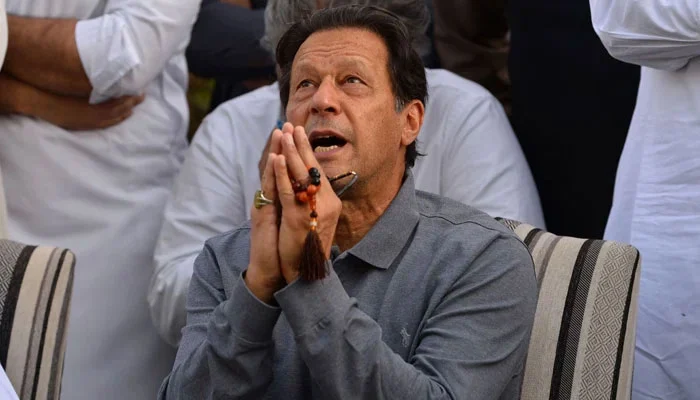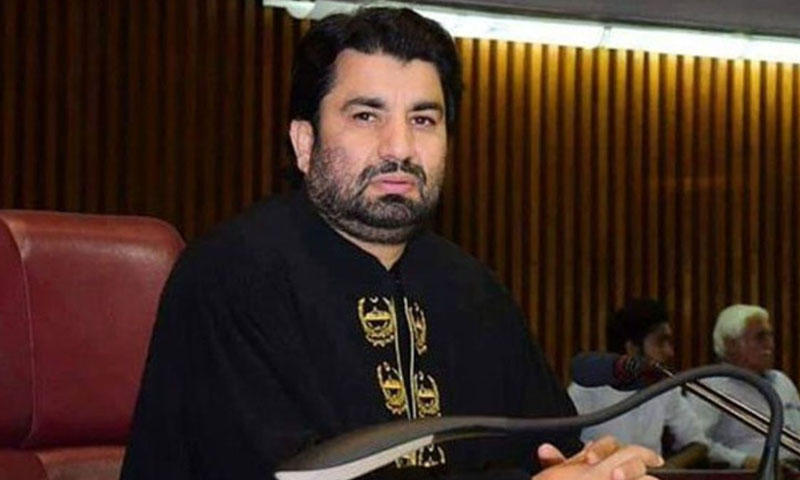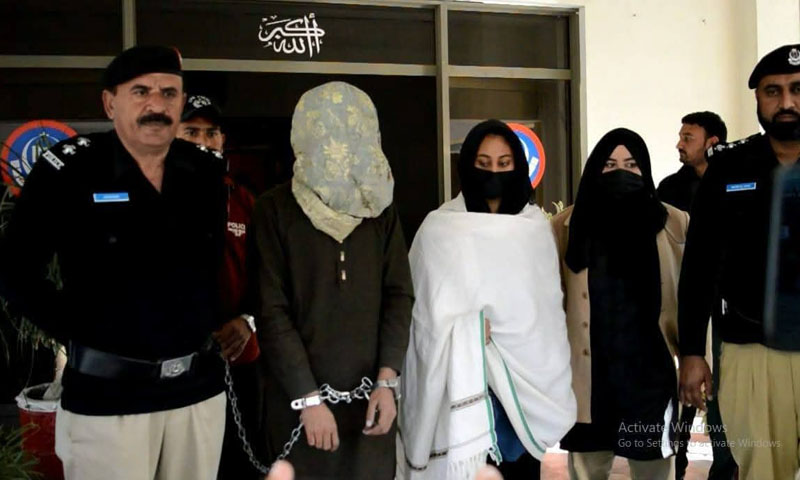- Web Desk
- Feb 09, 2026
SC grants bail to Imran Khan in eight May 9 cases
-

- Ahsan Wahid Web Desk
- Aug 21, 2025

ISLAMABAD: The Supreme Court (SC) on Wednesday heard multiple bail petitions filed by the Pakistan Tehreek-i-Insaf (PTI) founder, Imran Khan, in connection with the May 9 riots, granting him bail in eight cases. The bench pressed the prosecution over consistency in past rulings and the strength of evidence presented.
The hearing was conducted by a newly reconstituted three-member bench headed by Chief Justice Yahya Afridi, alongside Justices Hassan Azhar Rizvi and Shafi Siddiqui. Justice Rizvi replaced Justice Mian Gul Hassan Aurangzeb, who was earlier part of the bench. The proceedings finally began at 10:30am, having been postponed recently.
At the outset, prosecutor Zulfiqar Naqvi informed the court that the PTI founder had been unable to appear a day earlier due to ill health. Chief Justice Afridi then posed a series of questions, seeking clarity on the prosecution’s stance.
Imran Khan says will personally lead protest movement from jail
“You must have studied the Lahore High Court’s ruling,” the CJP remarked. “In a bail matter, can the court give a final finding? Did this court not previously grant bail in conspiracy-related cases? Should the principle of consistency not apply here?”
The prosecutor maintained that Supreme Court observations in such cases are interim and not binding. However, the bench pushed back. “If bail was granted in conspiracy cases, why was consistency not maintained?” the CJP asked, instructing the prosecutor to distinguish the present matter from earlier rulings.
Imran Khan files plea for medical check-up by Shaukat Khanum doctors
Justice Rizvi questioned the prosecutor on the Ejaz Chaudhry case, asking whether the PTI leader had been present at the scene on May 9. Naqvi conceded he could not provide a clear answer, prompting Justice Rizvi to remark: “You are the prosecutor, yet you don’t know the basics?”
Chief Justice Afridi further pressed: “What evidence is there against the PTI founder?” The prosecutor replied that three witness statements had been submitted, and argued that the PTI founder played a “central role” in all the cases.
All rise (or not): how did 2024 fare for Imran Khan?
Justice Siddiqui observed that Ejaz Chaudhry had faced allegations of conspiracy and presence at the scene, but noted that the Supreme Court had previously approved bail in three similar conspiracy cases. The CJP reiterated that unless the prosecution could establish a clear distinction, the principle of consistency would apply.
“We will not allow arguments on the merits of the case,” the CJP cautioned. “Our role here is to address the legal questions regarding conspiracy. If we comment on the merits, the trial will be prejudiced.”
Chief Justice Yahya Afridi asked the prosecution to explain how the case against the PTI founder differed from that of other accused. The prosecutor responded that unlike others who were granted bail, the PTI founder was present at the scene, and that both oral and electronic evidence existed against him. The special prosecutor for Punjab added that he had not cooperated with investigators and refused to undergo polygraphic and polygrammatic tests, despite the court’s permission. Justice Shafi Siddiqui questioned whether such tests had been conducted in past cases, to which the prosecutor replied in the affirmative, citing the Noor Mukadam case.
The prosecutor further noted that the PTI founder had been named in three out of 10 cases, with the FIR lodged on May 9. Chief Justice Afridi observed that evaluating evidence was the role of the trial court, which would eventually determine its credibility. Justice Hasan Rizvi pointed out that the accused had been on bail for two months after the incident, asking whether that period had not been sufficient for police investigation.
LHC heard Imran Khan’s bail pleas in eight May 9 cases
The Lahore High Court heard PTI founder Imran Khan’s bail pleas in eight May 9-related cases. The petitions, filed by his lawyer Barrister Salman Safdar, had argued the charges are politically motivated and part of a conspiracy for revenge. Khan has also sought expedited hearings, claiming delays undermine justice despite notices already issued to police. The bail pleas, earlier heard on January 16, include cases linked to the Jinnah House attack. Khan maintains that swift scheduling is essential to ensure justice is not only done but also seen to be done.




